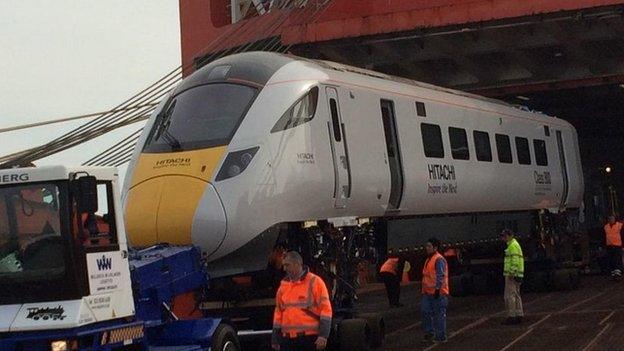First Great Western rail strikes: Talks resume
- Published
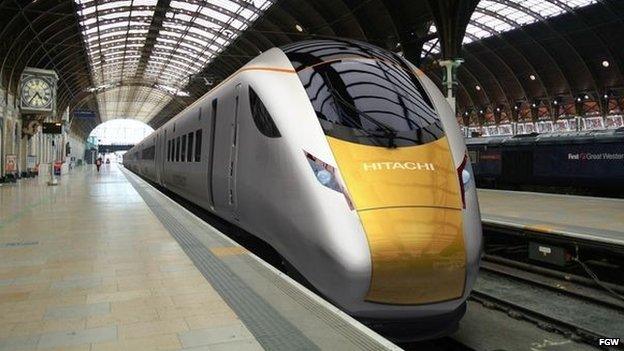
First Great Western's new high-speed trains will replace a fleet dating back to the 1970s
Talks have resumed following a three-day strike by First Great Western staff.
Industrial action, the result of a dispute over the introduction of new high-speed trains, affected routes in south-west England and Wales during the bank holiday weekend.
The company said it "remained hopeful" of an agreement to avoid more strikes.
The dispute centres around staffing and on-board catering facilities on FGW's new fleet of Intercity trains.
Rail, Maritime and Transport union (RMT) fears guards and buffet cars will be disposed of when they come in to service in 2017.
The rail company said it was able to run a "near normal" service in the Thames Valley and long-distance routes over the bank holiday weekend, however it admitted passengers had been "frustrated" by the stoppage.
A statement said: "We're aware there were significant issues with the revised timetable not appearing in our journey planning tool and National Rail Enquiries until very late in the day."
The company maintains it has told the RMT there will be no job losses, but the RMT said "basic assurances" had not been given.
Union members held a 48-hour strike over the same dispute in July as well as a 24-hour stoppage on 23 August.
The first Hitachi Inter City Express trains, to be built at a new £82m plant in Co Durham, will run on the Great Western main line from 2017 and the East Coast main line from 2018.
- Published29 August 2015
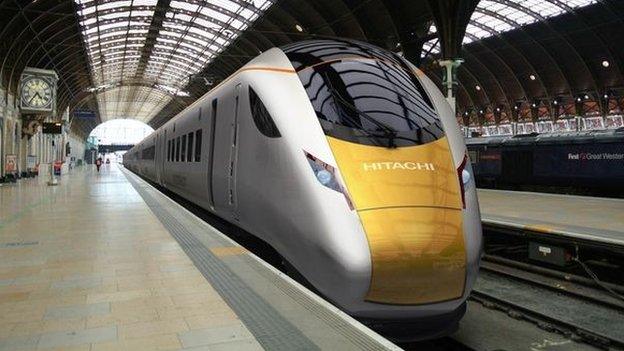
- Published26 August 2015

- Published24 August 2015
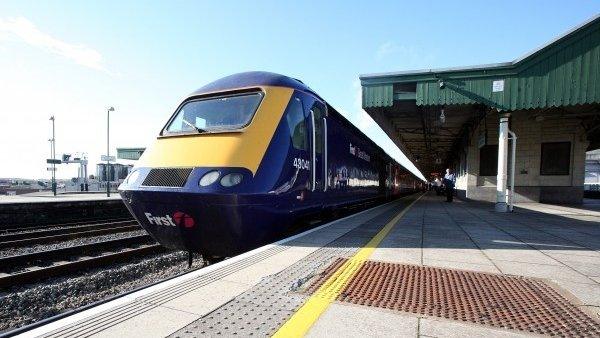
- Published3 August 2015

- Published10 July 2015
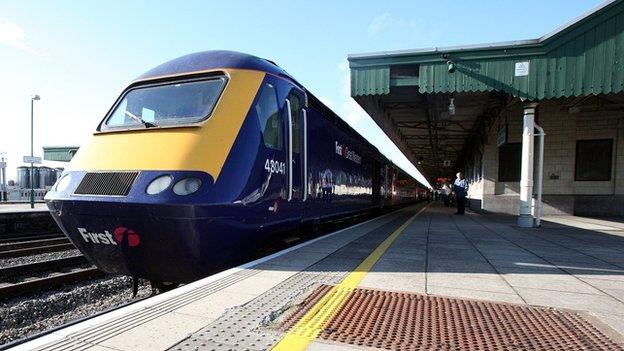
- Published9 July 2015
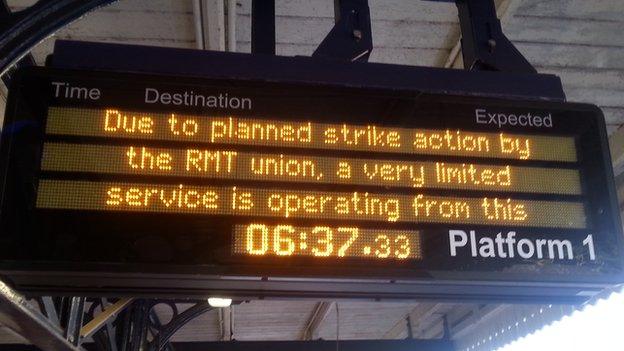
- Published30 June 2015
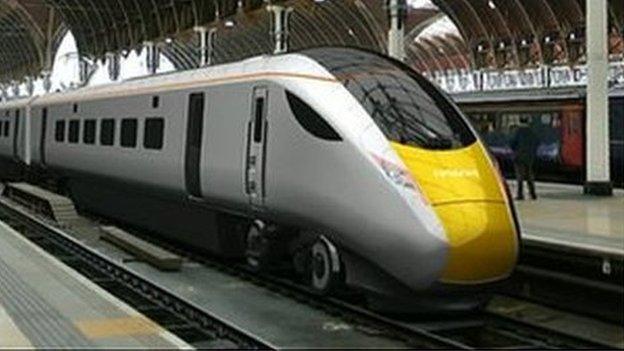
- Published12 March 2015
